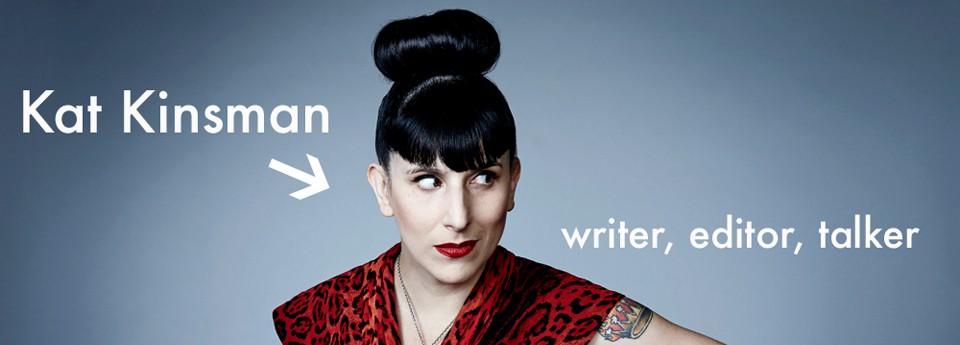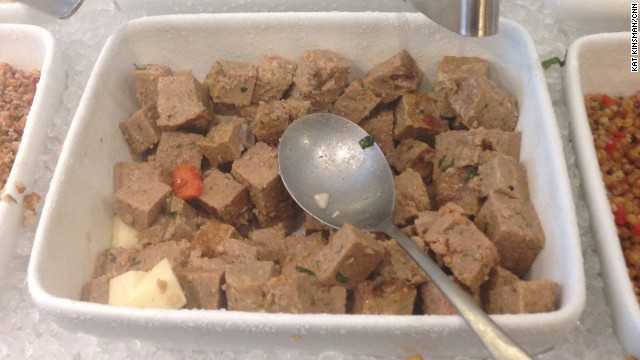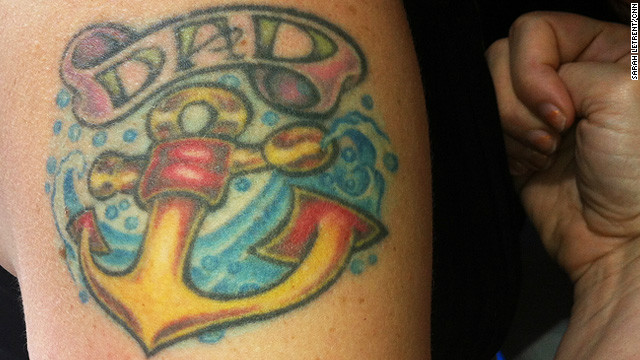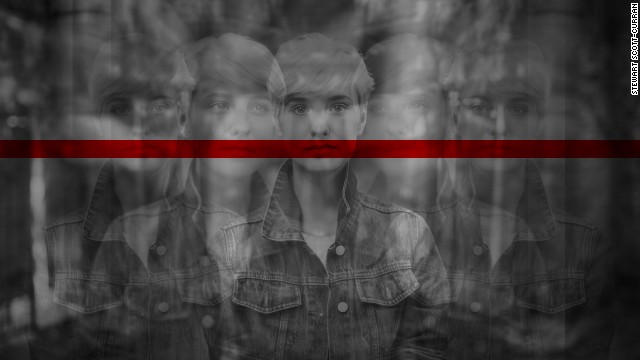How I stole Christmas
Getting through the holidays when you’re a misfit toy (and married)
I don’t want to screw up anyone’s holiday, so I’m mostly staying out of it. There is, so far as I’ve gleaned, right and proper placement for the ceramic Snoopy ornament from grade school, dishes which people are legally and medically required to consume on 12/25 and exact times at which particular singing, reading and unwrapping rituals of must be enacted. If any of these things are even vaguely askew, the section of the continent on which the offense occurs will crumble down into the Earth’s core and Christmas will be ruined. More specifically YOU will have ruined Christmas whether or not you wanted to participate.
Butbutbut, what sort of person (barring a religious or cultural disinclination) would want to opt out of Christmas? Some joy-loathing gorgon? Some Scrooge? Some Grinch? Sure, kick me and my ilk while we’re at the bottom of our seasonal ebb if it makes your yuletide brighter. I probably can’t actually feel worse, or I might even be numb at this point, so by all means, shovel it on, coal lumps and all.
Continue reading



